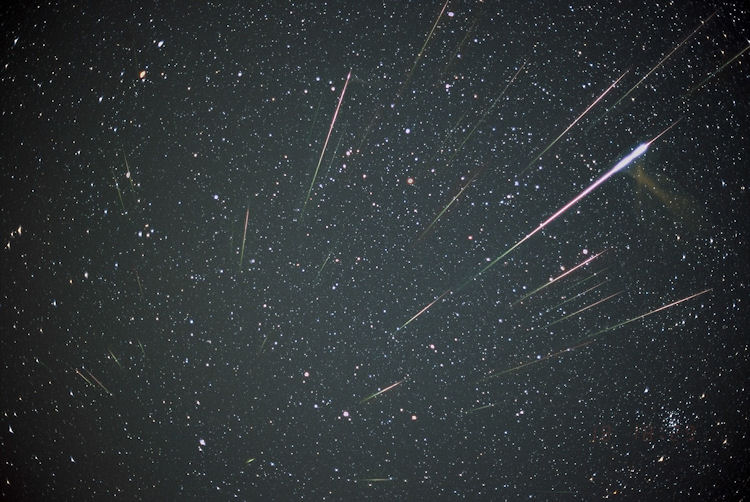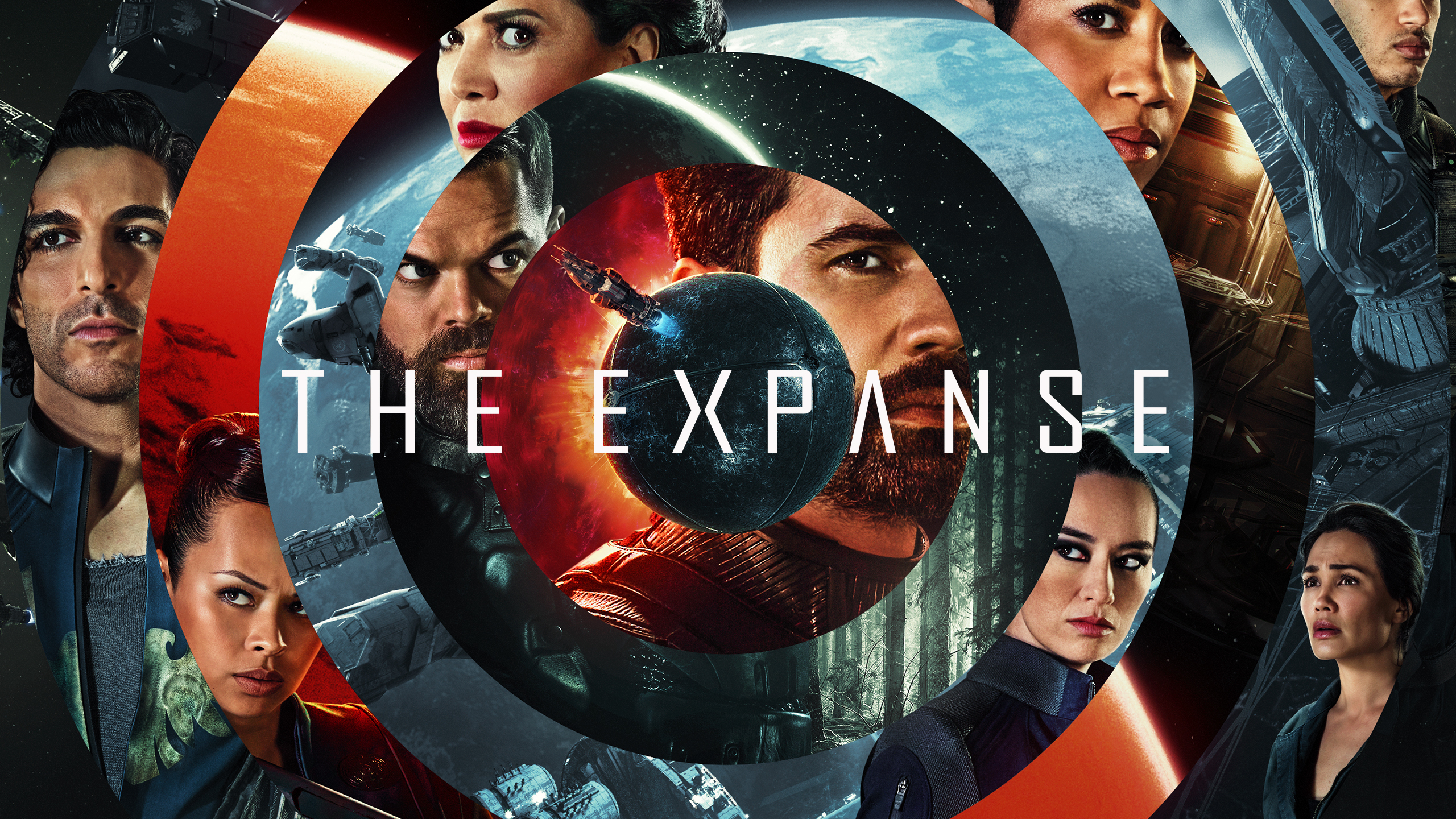Moon May Outshine Leonid Meteor Shower Peak Tonight

The Leonid meteor shower peaks tonight (Nov. 17), but bright moonlight is threatening to wash out this year's light display.
The annual Leonid meteor shower is expected to reach peak activity tonight at approximately 10:40 p.m. EST (0340 GMT on Nov. 18), but a luminous third quarter moon could outshine even the brightest meteors, said Bill Cooke, head of the Meteoroid Environments Office at NASA's Marshall Space Flight Center in Huntsville, Ala.
"The moon is going to be a major interference, but we could see a rate of about 20 per hour," Cooke told SPACE.com.
Meteor showers occur when Earth orbits through clouds of particles and dust on its path around the sun. Meteors are often referred to as "shooting stars," because of how they streak across the sky, but these dazzling streaks of light are really triggered by pieces of debris that hit Earth's atmosphere and burn up.
The Leonids are leftovers of the comet Tempel-Tuttle, which travels around the sun and leaves clouds of dust in its wake. This small, dusty comet was discovered in the late 19th century, and as Earth travels through the trails of debris left behind from the comet's previous passes through our orbit, fragments impact the atmosphere and blaze across the night sky. [Most Amazing Leonid Meteor Shower Photos ]
While Leonid meteors appear to rain from the constellation of Leo the Lion, they can actually be viewed in all parts of the sky. According to the editors of StarDate magazine, a bi-monthly publication from The University of Texas at Austin McDonald Observatory, the best way to view Leonid meteors is to face the darkest part of the sky, away from the moon and the constellation of Leo.
Every 33 years, the Leonids put on a truly spectacular display of more than a thousand meteors per hour in what is known as a meteor storm. This occurs when the comet dives close to the sun and Earth passes through the resulting thick concentration of cosmic debris.
Breaking space news, the latest updates on rocket launches, skywatching events and more!
The last Leonid meteor storm happened in 1999, but one of the most famous and most dazzling ever witnessed was the Great Leonid Storm of 1966, when skywatchers in central and western North America were treated to a hail of meteors that were too numerous to count.
Overall, Cooke said the 2011 meteor shower season has been somewhat subdued because of the brightness of the moon during many of the showers' peaks.
After the Leonids, skywatchers will be able to look forward to December's Geminid meteor shower, which is generally thought to be one of the best displays of the year. And while the shining moon may have lunar observers rejoicing, meteor shower enthusiasts can take comfort in early forecasts that show that next year's meteor shower season will be a much more dazzling affair.
"Next year will be better," Cooke said. "I think we're going to have to wait for next year to have a knock-your-socks-off meteor shower."
Editor's note: If you snap a photo of the Leonid meteor shower and would like to share it with SPACE.com for a possible story or gallery, please contact managing editor Tariq Malik at: tmalik@space.com.
You can follow SPACE.com staff writer Denise Chow on Twitter @denisechow. Follow SPACE.com for the latest in space science and exploration news on Twitter @Spacedotcom and on Facebook.

Denise Chow is a former Space.com staff writer who then worked as assistant managing editor at Live Science before moving to NBC News as a science reporter, where she focuses on general science and climate change. She spent two years with Space.com, writing about rocket launches and covering NASA's final three space shuttle missions, before joining the Live Science team in 2013. A Canadian transplant, Denise has a bachelor's degree from the University of Toronto, and a master's degree in journalism from New York University. At NBC News, Denise covers general science and climate change.
